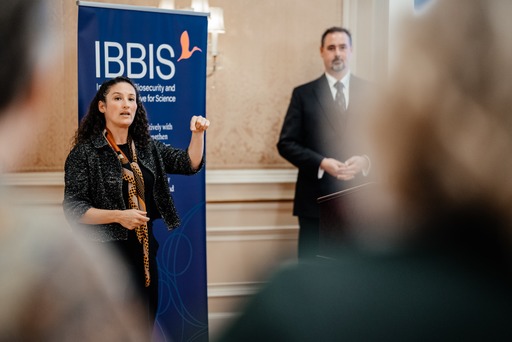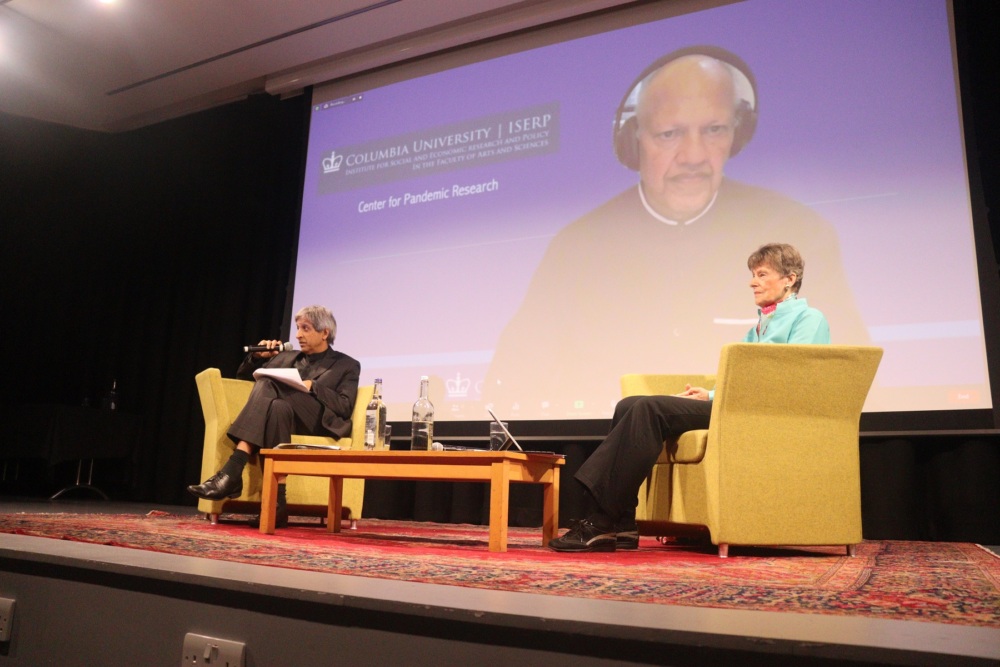
NTI | bio Offers Biosecurity Solutions at the Biological Weapons Convention Review Conference
NTI | bio experts contributed to the 9th Biological Weapons Convention Review Conference in Geneva.
The world is not prepared for the next pandemic, and bold action is urgently needed to prevent the next biological catastrophe, according to a new report from NTI | bio released today at stopthenextpandemic.io. The digital report and companion summary detail the findings and recommendations developed from a tabletop exercise held by NTI | bio and the Munich Security Conference (MSC) last year.
NTI | bio and MSC assembled 22 senior leaders from the public health, biotechnology, international security, and philanthropy sectors to examine shortcomings in the global biosecurity and pandemic preparedness architecture. Participants explored opportunities to improve capabilities to prevent and mitigate catastrophic, human-caused pandemics. The exercise was the fourth in a series of collaborations between NTI | bio and MSC.
The tabletop exercise was built around a fictional scenario involving a targeted attack on the cattle of “Andoriban” with an engineered strain of Akhmeta virus. The virus spills over to humans, and the outbreak escalates into a global pandemic, causing 2.2 billion cases and 120 million deaths over 20 months. Website visitors can experience the exercise’s four “moves,” including the fictional newscasts that carried participants through the scenario.
Participants agreed that, despite some improvements following the global response to COVID-19, the international system of pandemic prevention, detection, and response is woefully inadequate to address current and future biological threats. Specifically, they found:
NTI | bio independently developed recommendations to address the vulnerabilities highlighted in the four findings:
As attention to the COVID-19 pandemic wanes, international organizations, national governments, and global experts must act now to prevent the next global biological catastrophe by eliminating the glaring gaps that leave the world most vulnerable.
Sign up for our newsletter to get the latest on nuclear and biological threats.
NTI | bio experts contributed to the 9th Biological Weapons Convention Review Conference in Geneva.
NTI experts briefed government representatives at a G7 working group meeting in Berlin.
NTI Senior Advisor Angela Kane joined a prestigious lecture series to discuss steps we can take to prepare for the next biological event on the scale of COVID-19.


